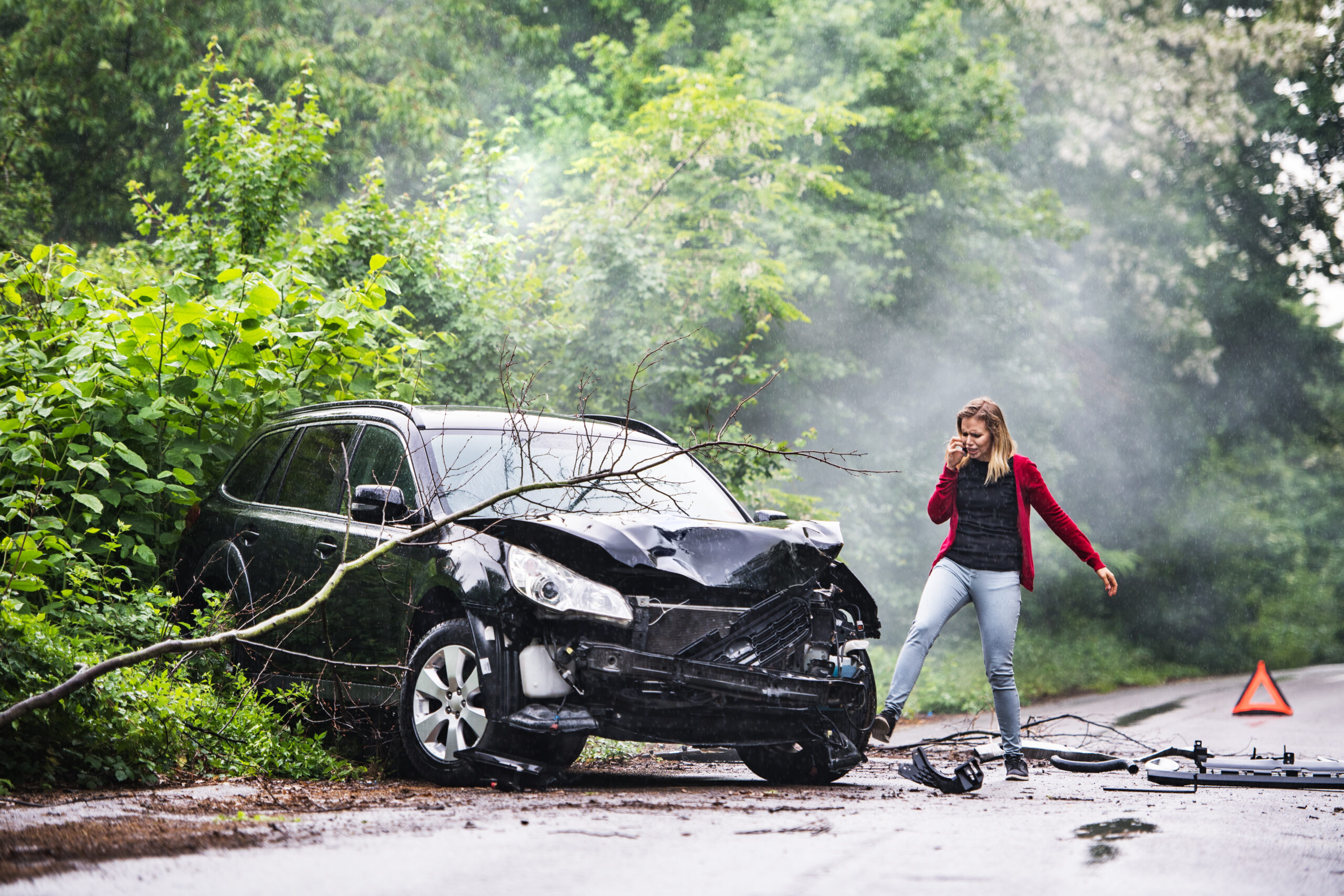Being involved in a car accident, whether it’s a minor fender bender or a more serious collision, can be a disorienting and stressful experience. Understanding the steps to take immediately afterward is crucial for your safety, the well-being of others, and to ensure compliance with legal requirements. Ensure you are equipped with the knowledge to handle the unexpected. Keep reading for detailed guidance on what to do if you find yourself in the aftermath of a vehicular mishap.
Immediate Actions: Ensuring Safety and Legal Compliance

Your first priority in the event of an accident is to ensure everyone’s safety. Check yourself and other passengers for injuries, and if it’s safe, exit the vehicle. If there are any injuries or hazards, such as a risk of fire, call emergency services immediately. For minor incidents without significant injuries, move vehicles to a safe area to avoid endangering oncoming traffic.
Once you’ve addressed immediate safety concerns, report the accident to law enforcement as required by state laws. An official report can be pivotal when filing an insurance claim or if there’s a legal dispute. It’s important to never admit fault at the scene; simply exchange information and allow the authorities and insurance companies to determine liability based on facts.
While waiting for the authorities to arrive, try to set up flares or reflective emergency triangles if you have them. This precaution can help prevent further accidents. During this time, begin documenting the accident by taking photos of the vehicles involved, traffic signs, road conditions, and any damage sustained.
Navigating Car Insurance Claims After an Accident
Initiating the car insurance claims process promptly is essential. Contact your insurance provider as soon as possible to report the accident. They will guide you through their specific claims process and inform you of any documents needed. Timely reporting can expedite the process and ensure you receive coverage benefits to which you are entitled.
The claims process will often involve an assessment by an insurance adjuster to evaluate vehicle damage and determine the cost of repairs. At this juncture, it’s beneficial to have a trusted car insurance agency that can advocate for your interests, especially when there are discrepancies in damage assessments.
During your claim process, maintain thorough records of all communication with your insurance company. Keep a log of conversations, emails, and documents exchanged. This record will be critical if there are any disputes or you need to recount details of the incident at a later time.
Seeking Medical Attention: When and How to Proceed
After an accident, prompt medical attention can be crucial, even if you don’t feel hurt. Adrenaline can mask pain, and some injuries, such as whiplash or concussions, may not show symptoms immediately. It’s wise to visit a healthcare professional for a thorough examination after any motor vehicle accident.
If you’ve sustained noticeable injuries, accept medical attention at the scene and follow up with hospital visits or appointments with your doctor as recommended. Documentation of these medical visits can be vital for insurance claims and potential legal actions related to the accident.
Keep detailed records of all medical treatments, prescriptions, and recommendations provided by your healthcare practitioner. These documents establish a clear link between the accident and your injuries, which is necessary for compensation purposes.
Documenting the Accident: What Information to Collect

In the aftermath of a car accident, gathering evidence is crucial. Ideally, start by taking photographs of all vehicles involved, focusing on points of impact and overall damage. Also, capture images of the accident scene, including street layouts, traffic signs, and any skid marks or debris.
Ask for the contact information of witnesses who may have seen the accident. Their testimony can be invaluable, especially if there’s a dispute about the events that took place. Be sure to jot down their names, phone numbers, and any initial observations they share with you.
Handling Car Repairs and Rental Arrangements Post-Accident
Dealing with car repairs after an accident can be overwhelming, but it’s essential to choose a reputable service provider. Auto repair shops specializing in post-collision work, such as those offering auto collision services, are equipped to assess and fix damage more thoroughly than general mechanics.
When your vehicle is inoperable or undergoing repairs, you might need a rental car. Check your insurance policy beforehand to see if rental costs are covered and under what conditions. Knowing your coverage can ease the process of acquiring a rental vehicle, as some rental companies work directly with insurers.
Overall, navigating through the aftermath of a car accident involves several important steps, including ensuring safety, dealing with insurance processes, seeking medical attention, documenting the incident, and handling repairs.



